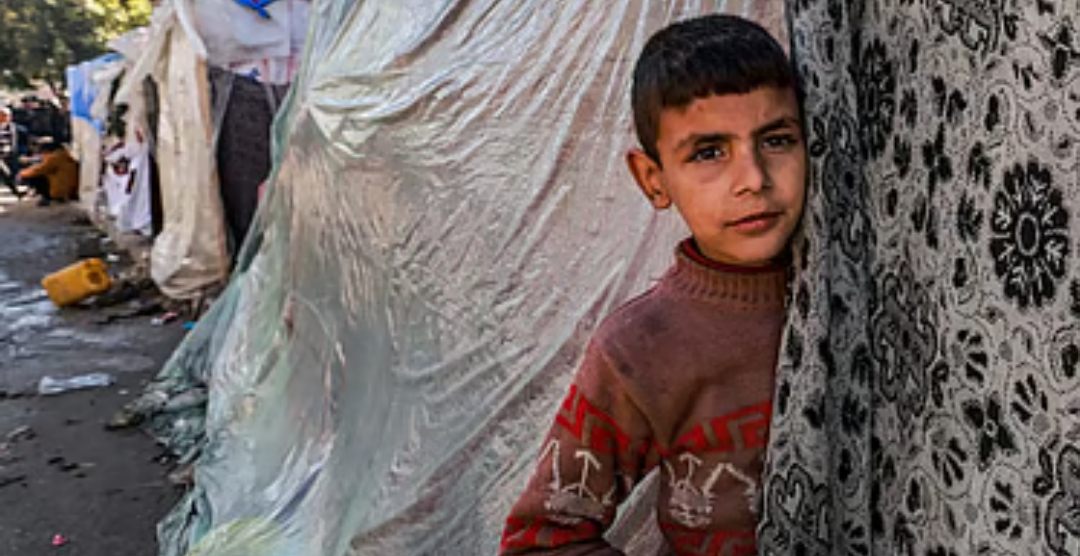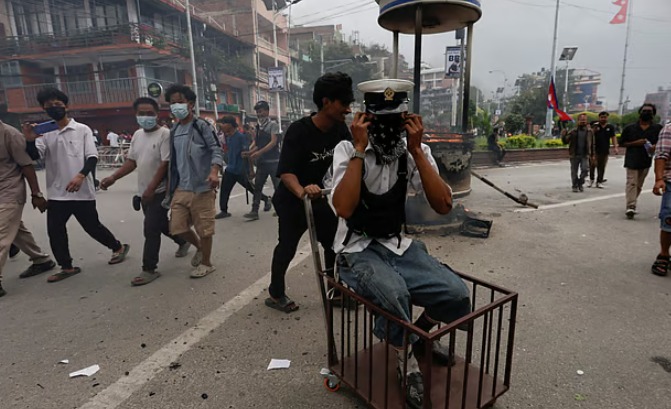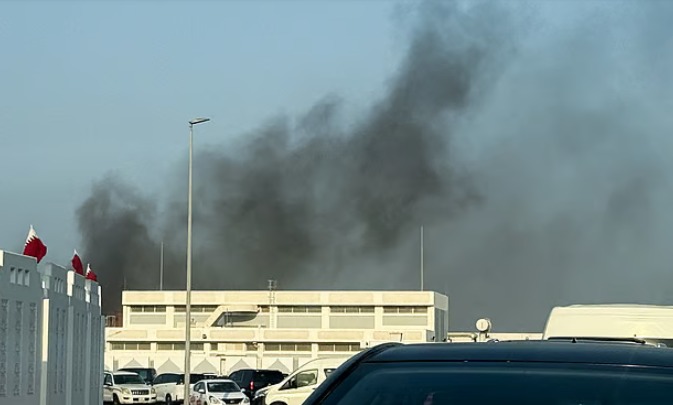Desk Report,
The word ‘refugee’ has a direct relationship with ‘displacement’. There is a close connection with ‘uprooted’ and ‘fear’. And there is a connection with ‘helplessness’. On the occasion of World Refugee Day, these phrases come back in various ways.
Today, 120 million people around the world are displaced and uprooted. Due to various types of conflicts, clashes, violence, fear of life, human rights violations or breakdown of law and order in the world, these people have been forced to flee their homeland. This uprooted population is equal to the entire population of a country like Japan. Of these 120 million people, 40 million are refugees in other countries, 70 million are internally displaced within their own country, 8 million are seeking political asylum, and 4 million people have no country. The number of Palestinian refugees is 5 million. 6 million displaced people in the world are in need of international protection.
World
Business
Opinion
Sports
Entertainment
Jobs
Lifestyle
Eng
By using this site, you agree to our Privacy Policy.
OK
Video
Video
Photo
Column
Opinion
Solidarity with refugees
Selim Jahan
Published: 20 June 2025, 00:30
Follow

A Palestinian child in a refugee camp in Gaza Photo: AFP
The word ‘refugee’ has a direct relationship with ‘displacement’. There is a close connection with ‘uprooted’ and ‘fear’. And there is a connection with ‘helplessness’. These phrases come back in various ways on the occasion of World Refugee Day.
Today, 120 million people around the world are displaced and uprooted. These people have been forced to flee their homes due to various conflicts, conflicts, violence, fear of life, human rights violations or breakdown of law and order around the world. This uprooted population is equal to the entire population of a country like Japan. Of these 120 million people, 40 million are refugees in other countries, 70 million are internally displaced within their own countries, 8 million are seeking political asylum, and 4 million are stateless. The number of Palestinian refugees is 5 million. Six million displaced people in the world are in need of international protection.
Internal displacement occurs where conflict, poverty and climate change are most severe. In most cases, it is the poorest and most marginalized people who are affected. In recent times, the number of internally displaced people has also increased as conflict and violence have increased in countries and territories such as Lebanon, the Democratic Republic of the Congo, Palestine, Sudan and Ukraine. This number is now combined with the large number of refugees in Afghanistan, Colombia, Syria and Yemen, giving rise to a large number. Various disasters have a negative impact on people’s housing and livelihoods. As a result, many people have not yet found a permanent solution in those cases and are still refugees at the end of the year.
Follow

A Palestinian child in a refugee camp in Gaza Photo: AFP
The word ‘refugee’ is directly related to ‘displacement’. There is a close connection with ‘uprooted’ and ‘fear’. And there is a link with ‘helplessness’. On the occasion of World Refugee Day, these phrases come back in various ways.
Today, 120 million people around the world are displaced and uprooted. These people have been forced to flee their homes due to various types of conflicts, clashes, violence, fear of life, human rights violations or breakdown of law and order in the world. This uprooted population is equal to the entire population of a country like Japan. Of these 120 million people, 40 million are refugees in other countries, 70 million are internally displaced within their own countries, 8 million are asylum seekers, and 4 million are stateless. There are 5 million Palestinian refugees. Six million displaced people worldwide are in need of international protection.
Internal displacement occurs where conflict, poverty, and climate change are most severe. It affects the poorest and most marginalized people the most. In recent years, the number of internally displaced people has increased as conflict and violence have escalated in countries and territories such as Lebanon, the Democratic Republic of the Congo, Palestine, Sudan, and Ukraine. This number is now being combined with the large numbers of refugees in Afghanistan, Colombia, Syria, and Yemen to create a large number of refugees. Disasters have a negative impact on people’s shelters and livelihoods. As a result, many people have not yet found durable solutions and are still refugees at the end of the year.
A refugee seeks ‘shelter’ elsewhere, from others. That search for shelter is not always ‘material shelter’, but also ‘mental shelter’. People seek shelter for their self-identity throughout their lives. Just as individuals are refugees, so are groups of people. Displaced people seek shelter in foreign countries. In our personal lives too, we constantly seek shelter. For some reason or another, haven’t we taken refuge in our mother’s arms? Didn’t we feel that that was the safest shelter in the world? When fear consumes us, we surrender ourselves to the loving words of our father. When failure makes us fragile, we take refuge in the assurance of our teacher. When despair plunges us into darkness, we rest our head on the shoulder of a friend. In the turmoil of sorrow and pain, we seek refuge in the bosom of our loved ones. It is important to remember that people seek refuge from others in sorrow, and they give shelter to others in happiness.



